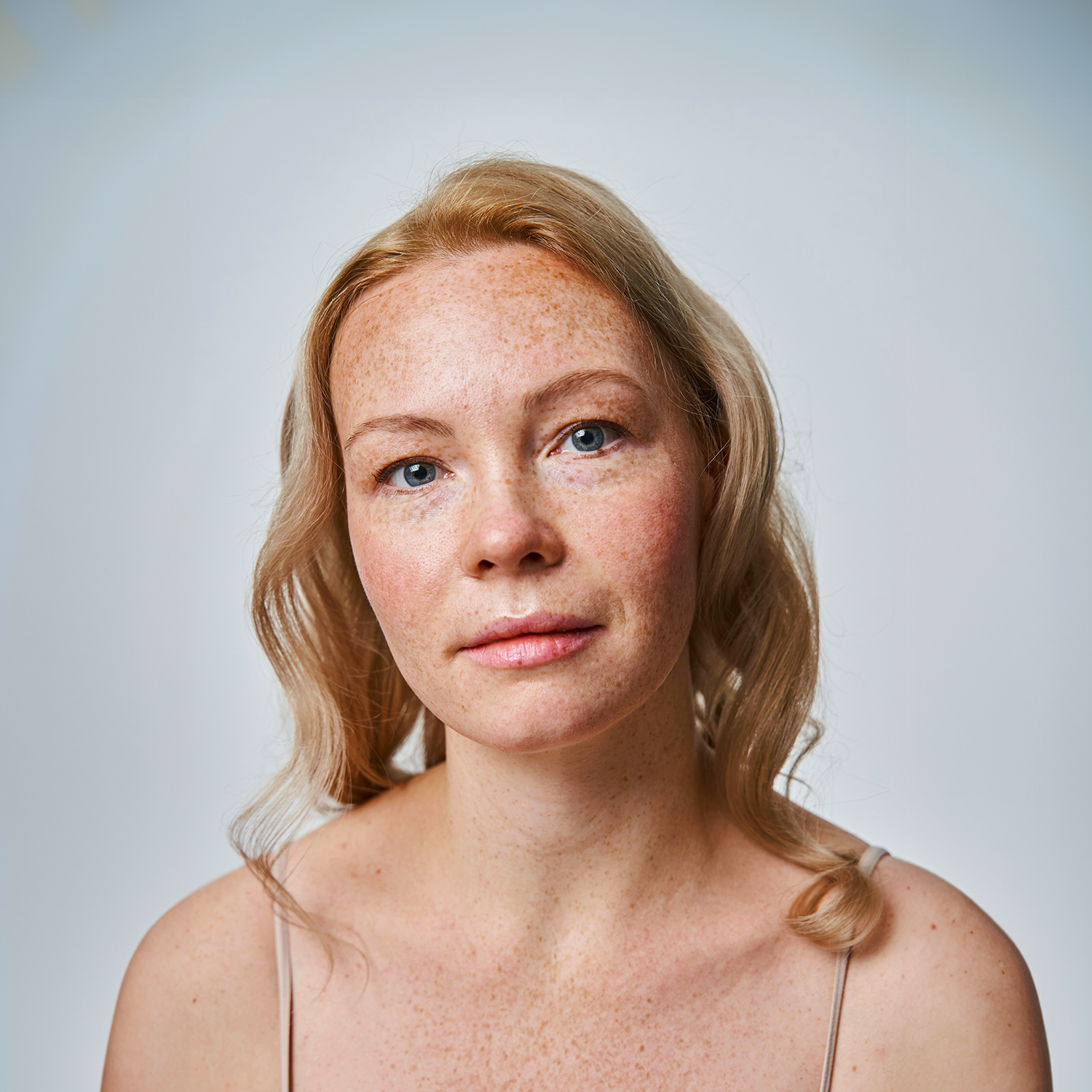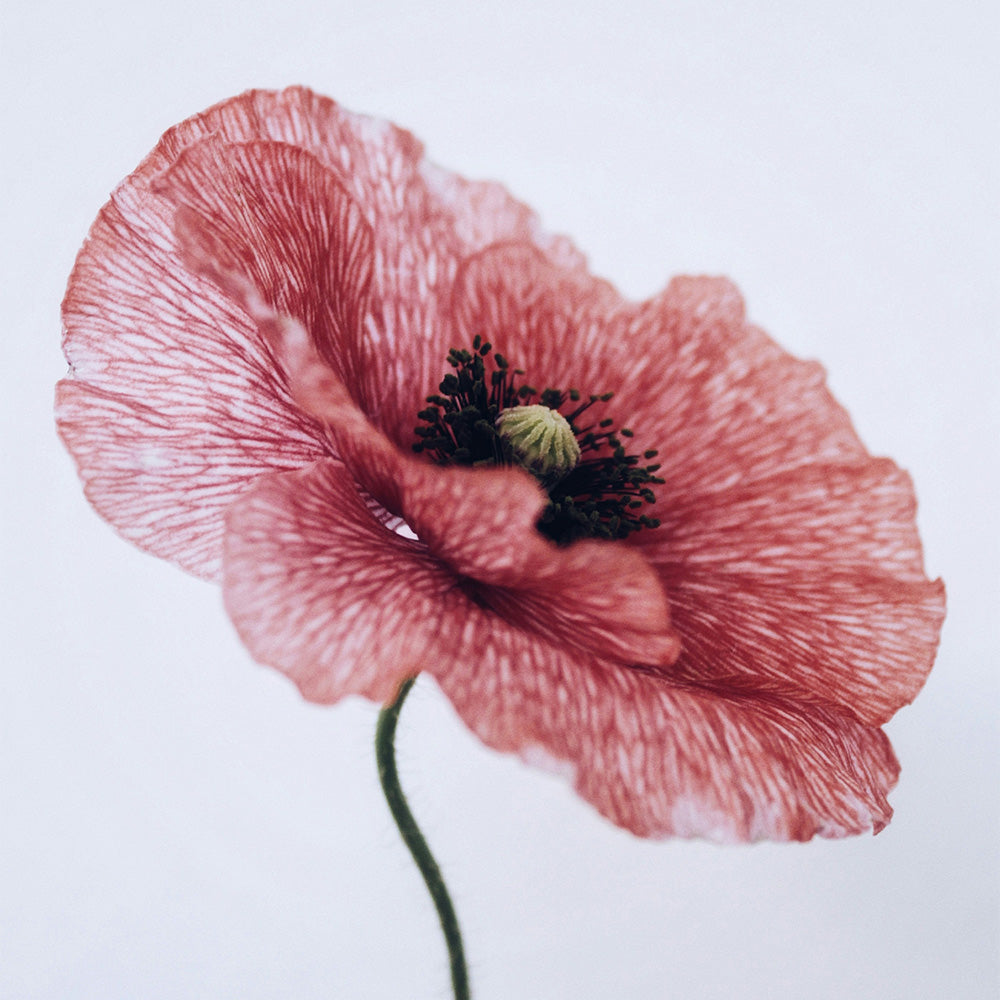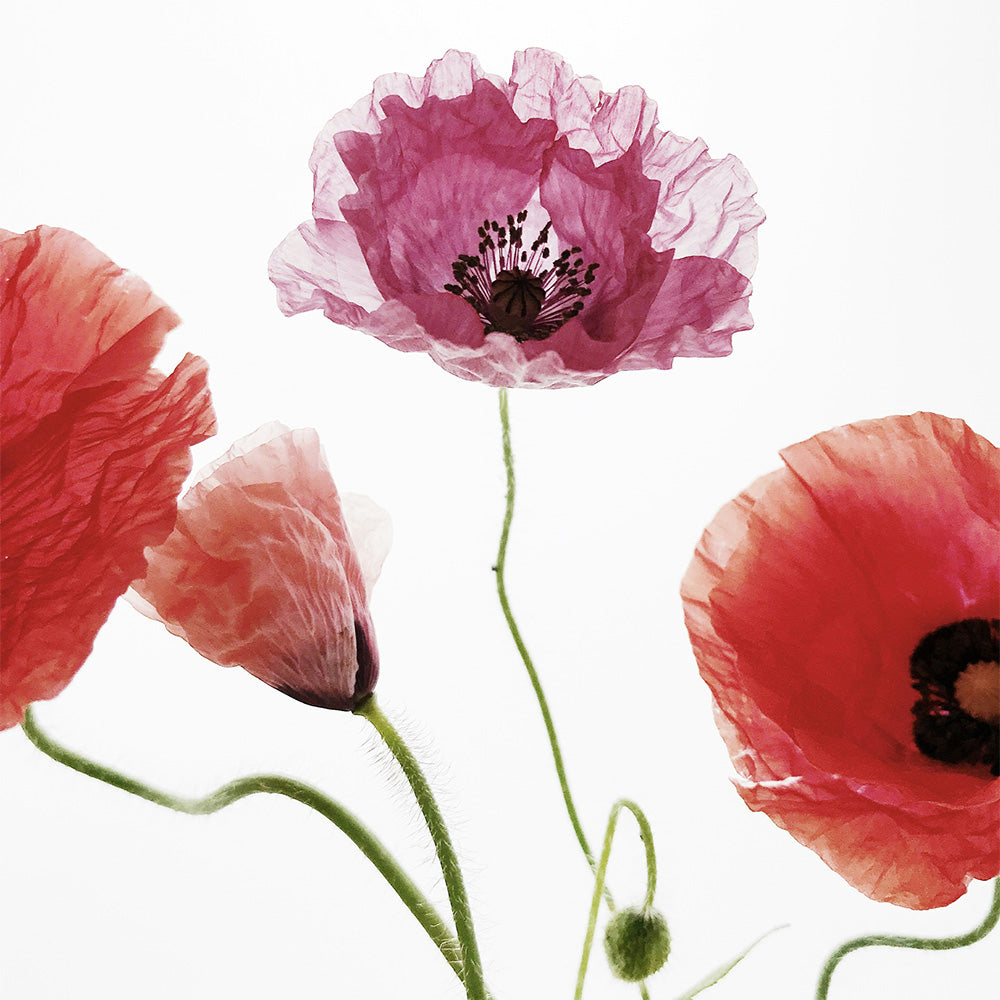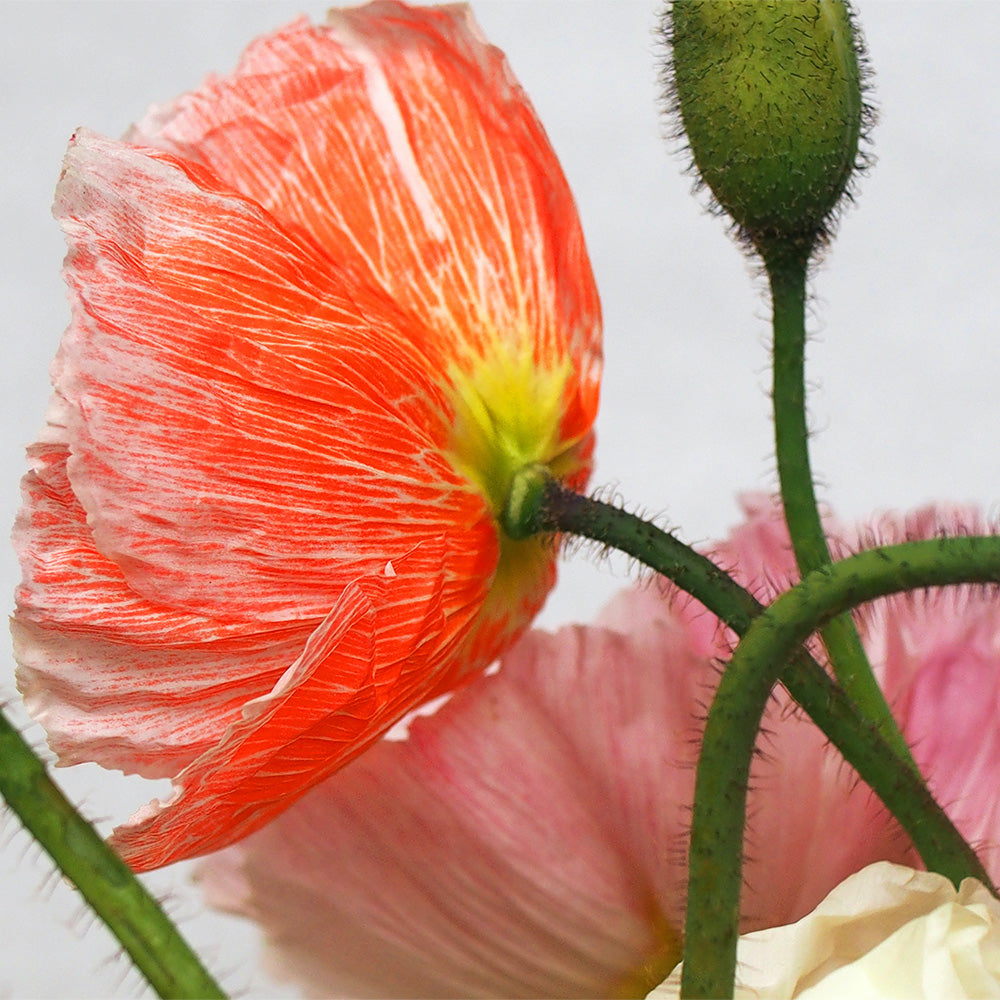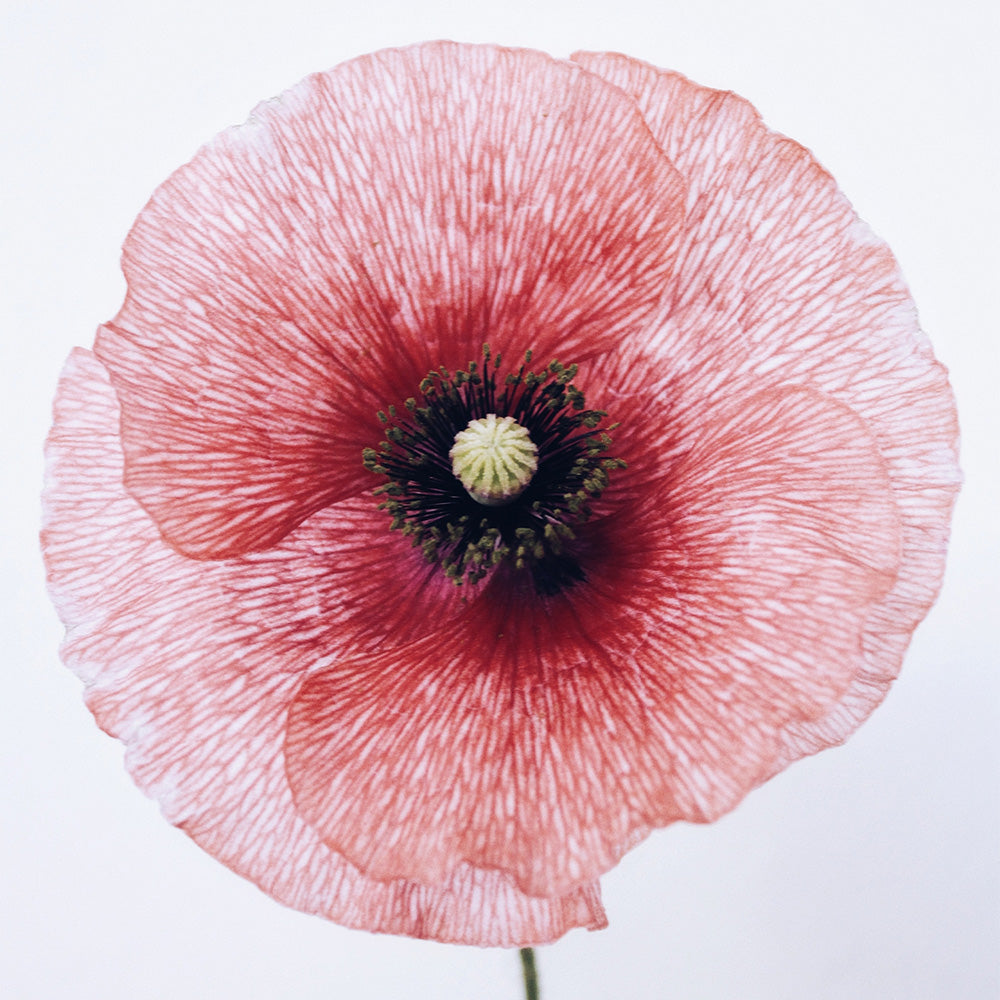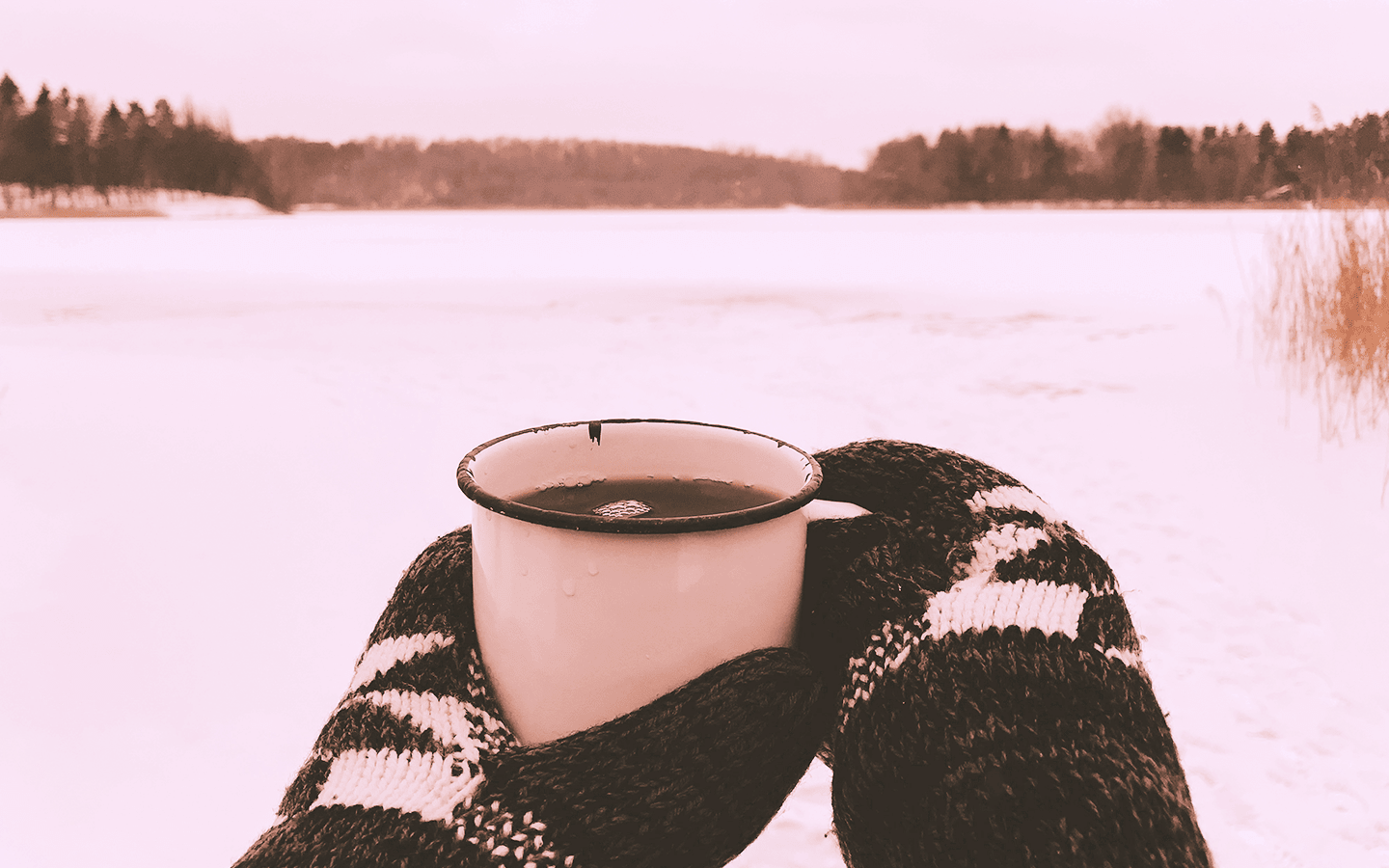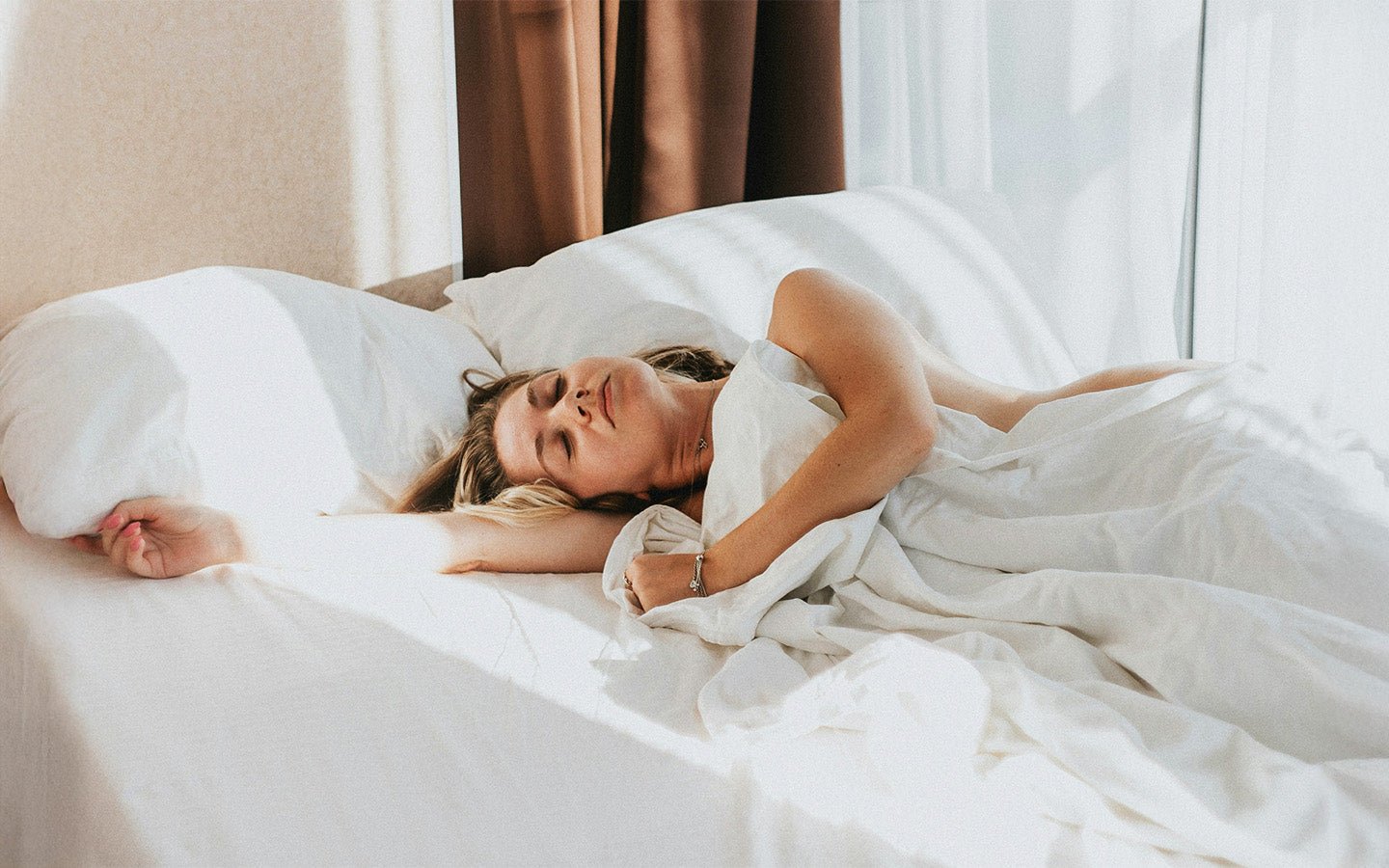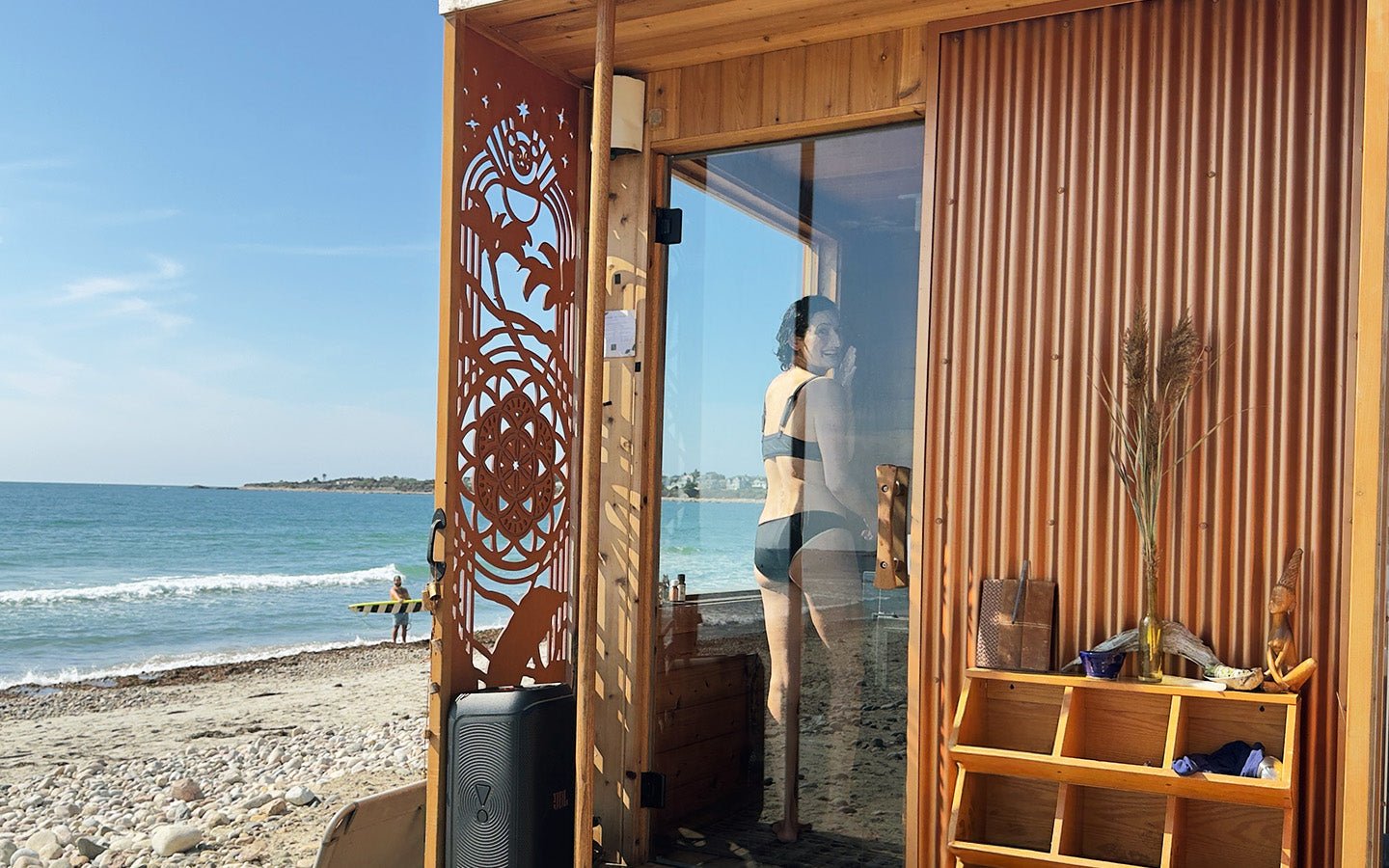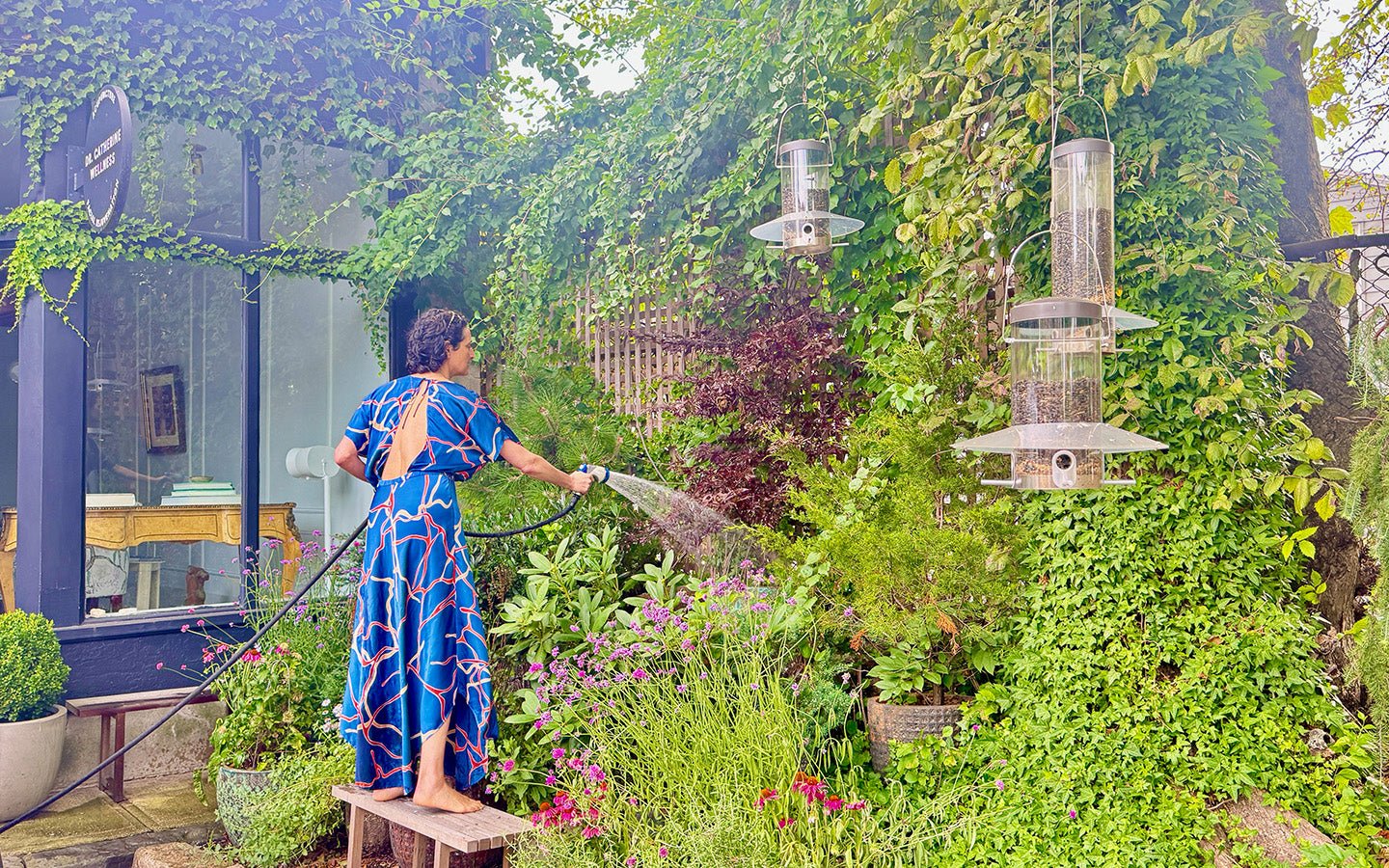
Late-Summer Burnout Is Real: How to Get Your Energy Back
You’re not imagining it. By late August, the sparkle of summer can start to feel like glare. If you’ve been running the household shuttle—rides, snacks, clean beach towels on repeat—or juggling that on top of a full-time job, of course you’re cooked. And if kids aren’t your chapter (or not in this season), the “always on” social calendar—houseguests, weddings, travel, late dinners, big work pushes, caregiving—can leave you just as wrung out. The plans that looked dreamy in May now feel… ill-conceived. A dark room, a good book, and a luxurious nap? Yes, please—not another weekend with guests.
Clinically, I see a pattern every year—but it hits my perimenopausal and menopausal patients hardest. Your well wasn’t full to begin with; the season’s bright chaos simply finished the job. Nearly every woman I saw this week asked for the same things: cooler nights, better sleep, less stimulation. The sun warmed our skin and left us bronzed—but many of us feel parched, overstimulated, and ready to reset.
As your friendly neighborhood Doctor of Chinese Medicine, I’m right there with you. I’m a little tired, too. So here’s a calm, sustainable plan to help you refill your well as we turn toward fall.
Why late summer drains us (the quick science)
- Hot nights steal deep sleep. Our bodies need to cool down to sleep well; higher nighttime temperatures are linked with more reports of insufficient sleep, especially in summer.
- Evening light keeps your brain on “daytime.” Light at night (including e-readers/phones) suppresses melatonin and delays the circadian clock—translation: it’s harder to fall and stay asleep.
- Perimenopause compounds it. Fluctuating estrogen and vasomotor symptoms (hot flashes, night sweats) fragment sleep and increase nighttime awakenings.
In short: heat + late light + hormone shifts = a perfect storm for fatigue.
What Chinese medicine sees (and how that helps)
In East Asian medicine, late summer corresponds to the Earth element—overdoing, overthinking, and “too muchness” can weaken digestion and fluids. As we approach autumn (the Metal season), nature invites us to consolidate and restore. Translation: less stimulation, more nourishment—think mineral-rich hydration, cooked foods, and steady rhythms. Consider this your permission slip to be quieter on purpose.
Your late-summer energy reset (one week to feel steadier)
These are simple, doable levers that work with biology and seasonality. Choose three to start; layer more as you go.
1) Rehydrate—smartly
After a hot, social summer, many of us are subtly dehydrated. For the coming week:
- Aim for steady fluids (water, herbal infusions, diluted broths).
- Add minerals: a pinch of sea salt plus potassium- and magnesium-rich foods (leafy greens, beans, seeds, yogurt). If you’re outdoors or exercising in heat, include electrolytes; outdoor workers and athletes are at higher risk for heat-related dehydration. (If you have kidney, heart, or blood-pressure concerns, check with your clinician first.)
- Prehydrate for exertion in heat. Sports medicine guidance emphasizes starting activity euhydrated, with normal electrolyte levels.
Try this: 24–32 oz water in the morning with a squeeze of citrus + a small pinch of mineral salt; sip broth or unsweetened coconut water midafternoon. (CDC guidance for workers in heat also recommends frequent, small-volume drinking during hot conditions.)
2) Sleep like it’s fall already
- Cool your cave to roughly 65–68°F at night; your body’s core temperature needs to drop to initiate and sustain sleep. Fans, breathable bedding, and pre-bed cooling help.
- Dim and defuse blue light 1–2 hours before bed (night modes, amber glasses, or—radical idea—paper pages). Evening light suppresses melatonin and shifts your clock later.
- Alcohol audit. Nightcaps may help you doze off but they fragment sleep and reduce REM, with effects that can accumulate across consecutive nights.
Try this: Set a 10-minute “bed wind-down” alarm; lights dim, screens off, quick cool shower, then bed.
3) Use light like medicine
- Get morning light—ideally outside—for 10–20 minutes. Morning, circadian-effective light is associated with shorter sleep latency and better sleep quality over time.
Try this: Take your coffee or tea to the porch; no sunglasses for the first 5–10 minutes (never stare at the sun).
4) Downshift your nervous system
Slow, rhythmic breathing nudges your autonomic nervous system toward “rest-and-digest,” improving heart-rate variability and lowering blood pressure in some people. A simple anchor: six breaths per minute (inhale 4–5 counts, exhale 5–6).
Try this: Three “micro-rests” daily—60–120 seconds of slow breathing between tasks.
5) Mineral-up your meals
Perimenopausal women often feel better with attention to magnesium, potassium, and protein:
- Magnesium supports muscle and nerve relaxation; food-first sources include pumpkin seeds, almonds, black beans, dark leafy greens. Clinical evidence for sleep is mixed but promising in some older adults; talk with your clinician if you’re considering supplements.
- Potassiumrich produce (avocado, beans, potatoes, leafy greens) supports fluid balance—especially if you’re sweating more in late summer.
- Protein: Many midlife women under-eat it. For adults 65+, the PROT-AGE group recommends ~1.0–1.2 g/kg/day (unless advised otherwise) to support energy, satiety, and lean mass.
Try this: Big salad + warm grain + salmon + tahini; or eggs with greens + sweet potato; or lentil soup with leafy greens and yogurt.
6) Move for flow, not PRs
Gentle, rhythmical movement (walking, cycling, swimming) supports lymphatic flow, mood, and sleep without overtaxing your system. On the hottest days, keep it easy or move indoors; resume strength work as you feel steadier.
Try this: 20–30 minutes of easy walking most days; two short mobility breaks during desk blocks.
7) Edit your calendar—on purpose
Your body is asking for less stimulation. For one week, create white space:
- One social night instead of three.
- A “quiet morning” (no meetings before 10).
- A family or housemate reset hour: lights low, everyone reads.
Try this: Put a sticky note on your fridge: “Yes to rest.” If it’s not a wholehearted yes, it’s a no for now.
A sample “soft September” day
- Morning: Wake, hydrate with minerals; 10–20 minutes outdoor light + easy walk; protein-forward breakfast.
- Midday: Magnesium- and potassium-forward lunch; 2-minute breathing break before your afternoon meeting.
- Late afternoon: Broth or coconut water; light movement or gentle stretch.
- Evening: Earlier dinner; dim lights/screens off 1–2 hours before bed; cool your room; read or journal; in bed on time.
When to ask for more help
If fatigue persists despite solid sleep and nourishment—or if hot flashes/night sweats are severe—talk with your clinician. Evidence-based treatments exist (including hormone therapy for appropriate candidates and nonhormonal options), and addressing sleep pays dividends across health domains.
The reframe: quiet is a power move
This season, leadership might look like less: fewer late nights, fewer obligations, fewer screens after dusk. Not because you’re fragile—but because you’re strategic. You’re moving with the season, not against it.
I’ll be over here doing the same—refilling my well right alongside you. If you want support (acupuncture, lymphatic work, or a customized plan), my Newport studio is open. Let’s help you step into autumn steadier, clearer, and beautifully you.
